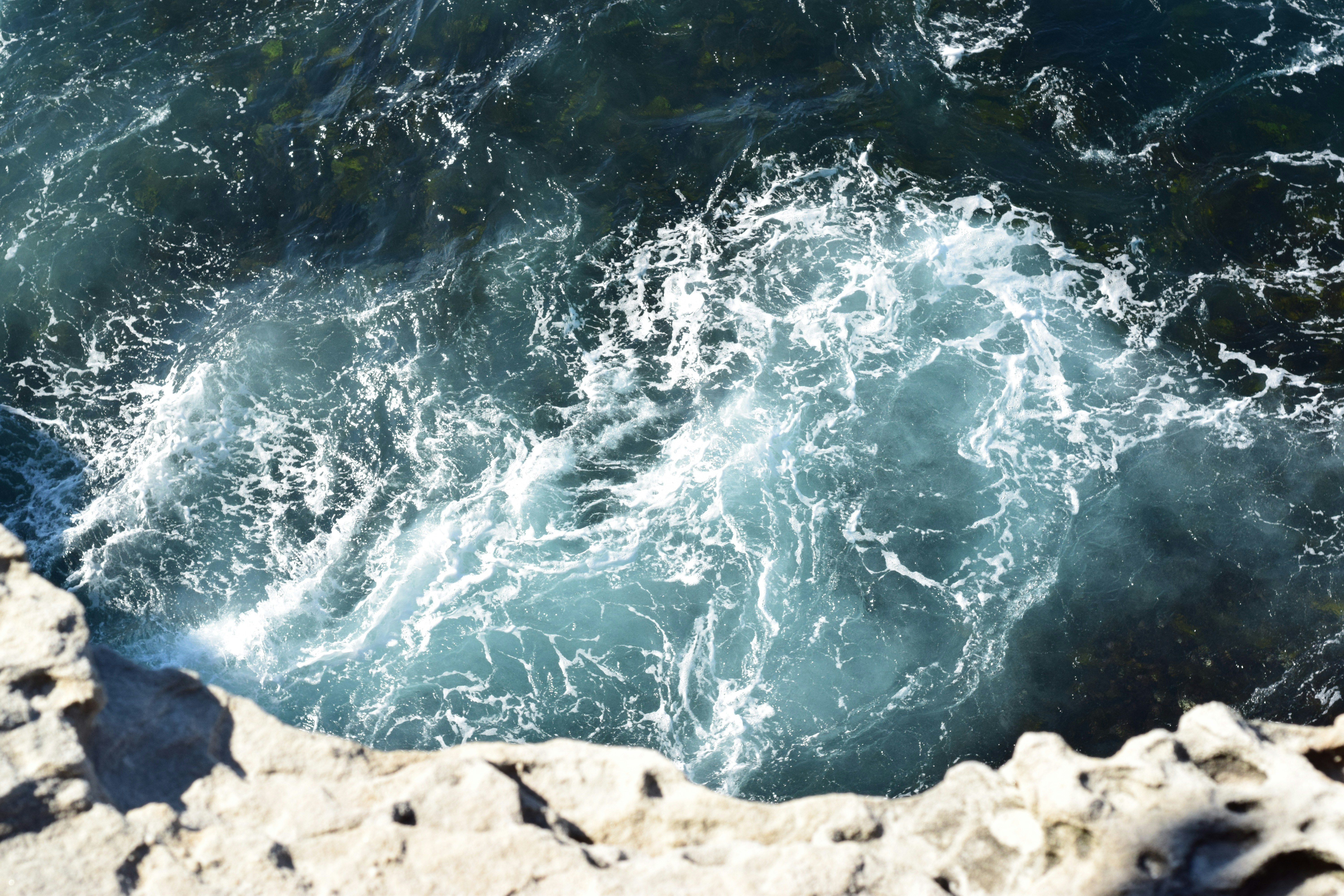The Whanganui River its the first river to have the same legal stats as a person. The New Zealand federal government recently passed a bill granting the river legal personhood. This means that the river is afforded all the rights as a person under New Zealand law. The river’s rights to clean air, legal representation, and other protections people get are now granted to the river itself. This will protect not just the river, it also represents a change in how NZ thinks about the law.
With progress and time we should see other natural entities be granted the same protection as humanity in other jurisdictions.
Long revered by New Zealand’s Maori people, the river’s interests will now be represented by two people.
The Maori had been fighting for over 160 years to get this recognition for their river, a minister said.
“I know the initial inclination of some people will say it’s pretty strange to give a natural resource a legal personality,” said New Zealand’s Treaty Negotiations Minister Chris Finlayson.
“But it’s no stranger than family trusts, or companies or incorporated societies.”
The Whanganui River, New Zealand’s third-longest, will be represented by one member from the Maori tribes, known as iwi, and one from the Crown.
The recognition allows it to be represented in court proceedings.
Read more.
Thanks to Delaney!

